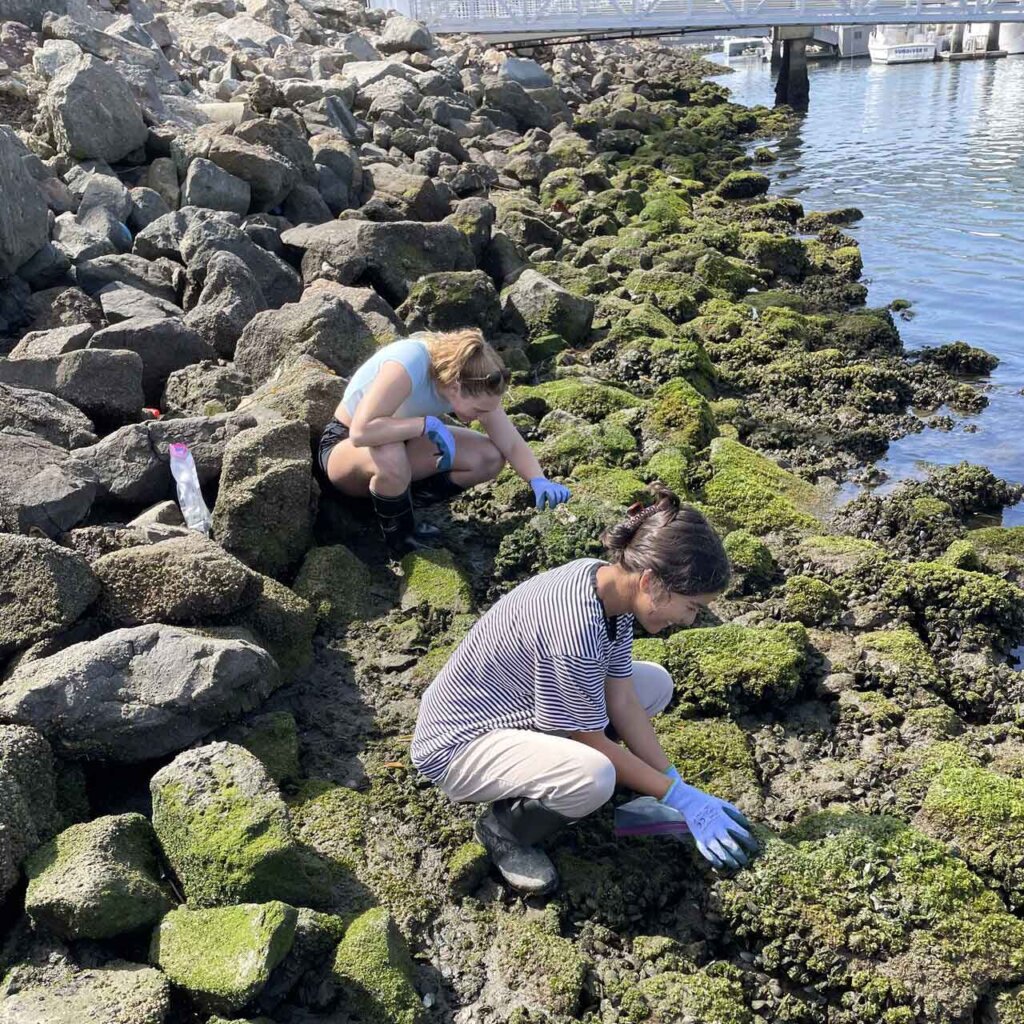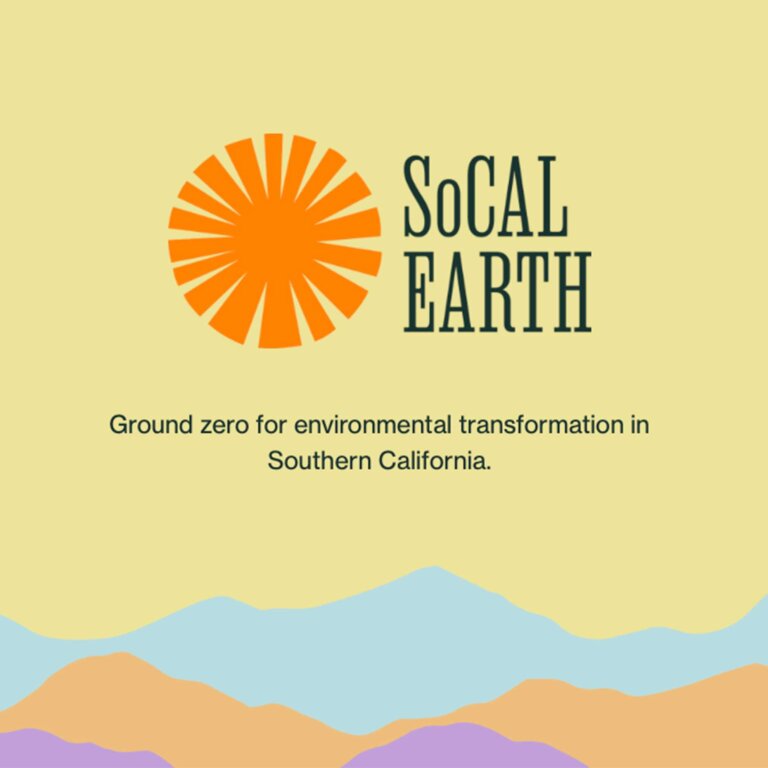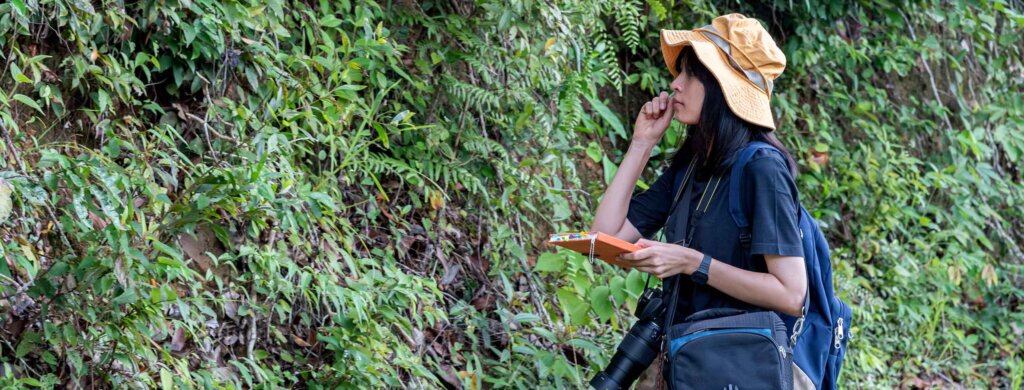Environmental Science
Explore the intricate interactions between humans and the natural world and develop solutions for a sustainable future
Crafting environmental solutions
Our Fragile Planet
As an Environmental Science major, you’ll closely examine past, present, and (predicted) future interactions of biology, chemistry, geology, and physics in the natural world. This includes understanding how to best practice environmental conservation in the context of modern anthropogenic climate change and resource consumption.
- Use foundational principles to assess problems
- Develop hypotheses and test them
- Articulate scientific applications
- Communicate concepts orally and in writing

Environmental Science Major Requirements
Program Overview

Pitzer Environmental Science Major Requirements
Pitzer College students can view specific major requirements and learning outcomes for the Environmental Science major in the Pitzer course catalog.

Scripps Environmental Science Major Requirements
Scripps College students can view specific major requirements for the Environmental Science major in the Scripps course catalog.
Environmental Science Faculty





Student perspectives
Connecting the Dots
“I feel I’ve benefited significantly from a liberal arts education, particularly as an environmental science major, by learning more about core concepts relating to the Earth and dissecting and connecting these themes to my research.”
Kushnerniva Laurent SCR ’24
Environmental Science major

Environmental Science Resources
Explore
The Department of Natural Sciences offers several resources to help students gain a deeper understanding of the intersection of humans with the natural world.

The Robert Redford Conservancy (RRC)
The RRC at Pitzer College aims to increase socio-ecological justice and sustainability.

Bernard Biological Field Station
Located on 86 acres of natural habitat, the Bernard Biological Field Station is a hub for ecological research.

Advanced Instrumentation
Use sought-after analytic technology such as ICP-OES and portable XRF analyzers.

Research Opportunities
As an Environmental Science major, you’ll be able to experience mentored research with leading faculty in their labs.

SoCal Earth
The RRC’s new site, SoCalEarth.org, provides valuable climate data to students and researchers.
Learning in the field
Jennifer Ju SC ’24, Liv Rose SC, and Annie Voss PZ, studying the diet of a non-native predator and the response of tadpoles to native and non-native predators.

Environmental Science FAQs
Learn More
View some of the most frequently asked questions about our Environmental Science major.
Some possible careers include: climate change analyst, conservation agent, environmental protection specialist, resource management specialist, restoration planner, environmental educator, sustainability specialist, and environmental consultant.
An Environmental Science degree offers many benefits, including increased knowledge about the natural environment, career opportunities, and the ability to make a positive impact on climate change and how natural resources are managed.
Environmental Science is the application of scientific methods to the study of environmental processes, and to the interactions between humans and the environment. By contrast, Environmental Analysis is a broader approach that incorporates all disciplines to explore and analyze the past, present, and future dynamics among humans and the natural world.

